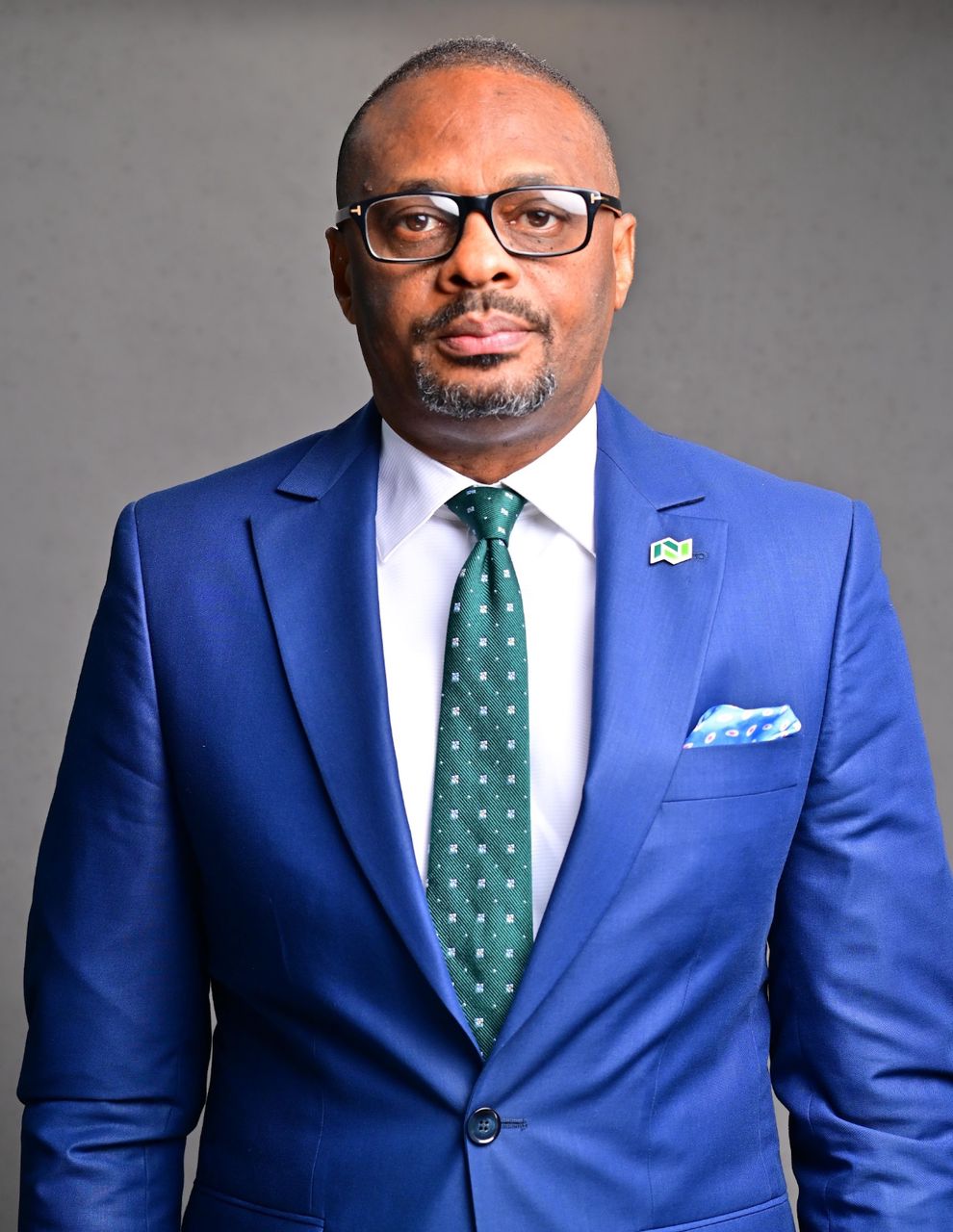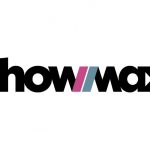Economy
SEC Vows to Make Islamic Capital Market Attractive in Nigeria
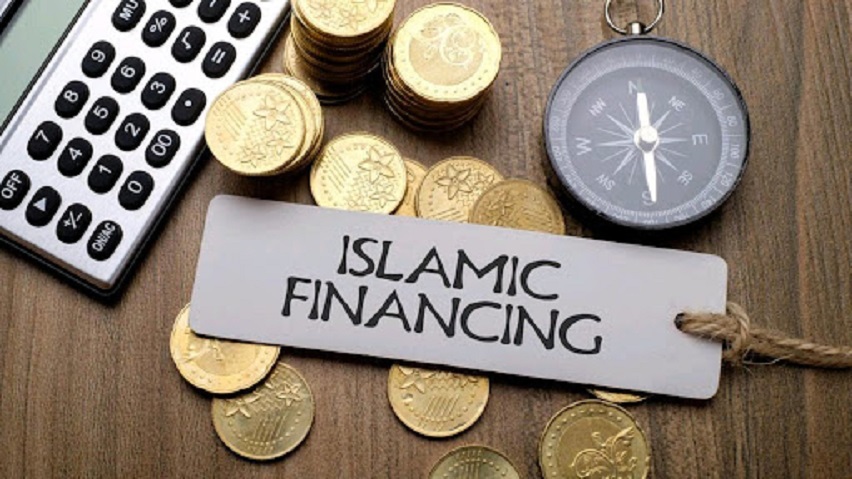
By Dipo Olowookere
Those who wish to explore the Islamic capital market in Nigeria have been assured of an attractive enabling environment by the Securities and Exchange Commission (SEC).
According to the Director-General of SEC, Mr Lamido Yuguda, efforts are being made to work with relevant stakeholders to implement recommendations for the non-interest capital market sector in line with the objectives of the 10-year Nigerian Capital Market Master plan (2015-2025), which include developing the segment of the market to contribute at least 25 per cent of the overall capital market capitalisation by 2025, with Sukuk contributing 15 per cent of outstanding bond issuances.
Mr Yuguda, who spoke at the 2021 African International Conference on Islamic Finance held in Abuja on Wednesday, stated that Islamic finance instruments are globally recognized as acceptable securities, with less Value-at-Risk due to their asset-based and project-tied investment features.
He noted that due to this, the sector offers financial products that are safe, competitive and attractive, adding that many jurisdictions have realised the potentials in Islamic finance and have positioned themselves to tap the potential benefit of such financing.
“It is noteworthy that since Islamic finance heavily relies on the Islamic capital market (ICM) as an investable outlet, products such as Sukuk (Islamic bond), Islamic REITs (I-REITS), Islamic Funds (I-Funds) and Exchange-mirrored Traded Funds (Islamic Equity Index) could all be offered for the purpose of financing infrastructure,” the SEC chief, who was represented by the Executive Commissioner Corporate Services SEC, Mr Ibrahim Boyi, submitted.
At the event themed Infrastructure Financing, Sustainability, and the Future of African Markets 2.0, he further stated that, “Sukuk issuances are increasingly gaining significance as a veritable mode of infrastructure financing.
“Consequently, a number of countries in the Sub-Saharan region of the continent; Sudan, Gambia, Senegal, South Africa, Ivory Coast, Nigeria, Mali, and Togo, have issued sovereign Sukuks to finance infrastructure.”
“For example, we have reviewed existing regulatory frameworks and introduced new ones. In particular, we issued rules on Islamic Fund Management as well as on Sukuk issuance.
“These two legal frameworks have encouraged Islamic product innovation with the registration of ten ethical/shariah compliant funds and the issuance of Nigeria’s sub-national Ijara Sukuk by the Osun State government in 2013, which was oversubscribed.
“Also, the federal government, through the Debt Management Office (DMO) has so far issued Ijara Sukuk in excess of N350 billion within the last 3 years. The funds were used to construct and rehabilitate infrastructure development projects across the six geo-political zones of the country.”
He noted that the agency recently approved a N30 billion corporate Sukuk programme and a N10 billion series issuance under the programme. This marks the first corporate Sukuk issuance to the public; commendably, the proceeds are to be used to finance housing infrastructure.
Similar to the sovereign issuances, the corporate issuance was also oversubscribed. The issuance was a landmark in the Market and we are confident that more corporates will begin to access the market.
According to him, the theme of this year’s conference resonates with a core function of the capital market as the market plays a crucial role in enabling access to medium and long term financing which is better suited to infrastructural development.
“According to the AfDB, Africa requires an annual investment of between $130 and $170 billion annually in infrastructure to reduce its infrastructure deficit. While according to the Global Infrastructure Hub (2020), Africa required an infrastructure investment of $184.03 billion in 2019 and $190.1 billion in 2020 to close its infrastructure deficits.
“The African continent continues to be challenged by deficits in infrastructure with governments being the major financier of infrastructure. Regrettably, governments’ efforts to finance the sector is constrained by large deficits in the budget, rising public debt and debt sustainability concerns,” he said.
He disclosed that the commission was also considering modalities to constitute a Sharia Advisory Council as a body of experts to advise the SEC and the market on non-interest products and their applications.
“Going forward, our focus will be on public enlightenment to encourage sub-national and corporate issuances and stronger capacity building initiatives. This is what informed the idea of hosting 3 webinars on non-interest capital market products in 2021 and more will be organised next year.
“We hope that the State governments represented here will take advantage of this important opportunity to familiarize themselves with the kind of products that can be issued and how to leverage this exciting area of finance to better the lives of our citizens.”
He reiterated the SEC’s commitment to continue to identify ways of using Non-Interest capital market products such as Sukuk as a tool for financing infrastructural development.
“We are committed to facilitating the growth of the non-interest capital market segment through innovation whilst ensuring a fair, efficient and transparent market.
“We will continue to put in place clear and consistently applied regulatory frameworks and reduce regulatory and operational impediments to engender the smooth functioning of the market,” he added.
Economy
NASD Unlisted Security Index Climbs 0.88%
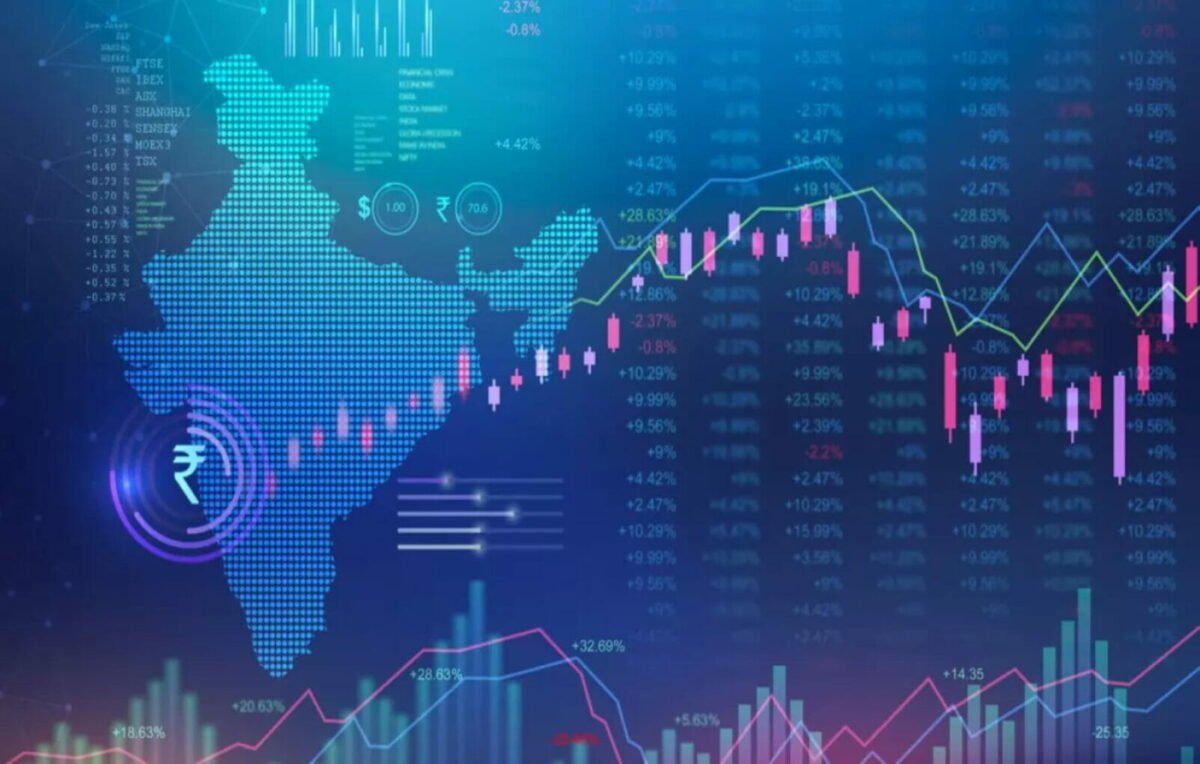
By Adedapo Adesanya
The NASD Over-the-Counter (OTC) Securities Exchange maintained its upward trajectory with a further 0.88 per cent rise on Wednesday, March 3.
The expansion increased the NASD Unlisted Security Index (NSI) by 36.94 points to 4,256.41 points from 4,219.47 points, and lifted the market capitalisation by N22.10 billion to N2.546 trillion from Tuesday’s N2.524 trillion.
The six price gainers were responsible for the growth achieved by the unlisted securities market yesterday, with MRS Oil Plc adding N20.00 to trade at N230.00 per unit versus the previous day’s N210.00 per share.
Further, FrieslandCampina Wamco Nigeria Plc surged by N11.07 to N128.83 per share from N117.76 per share, Lagos Building Investment Company (LBIC) Plc grew by 37 Kobo to N4.12 per unit from N3.75 per unit, First Trust Mortgage Bank Plc advanced by 19 Kobo to N2.11 per share from N1.92 per share, Acorn Petroleum Plc rose by 1 Kobo to sell at N18.75 per unit versus the preceding day’s N18.74 per unit, and Acorn Petroleum Plc also gained 1 Kobo rise to sell at N1.35 per share versus N1.34 per share.
It was observed that two securities were in red at midweek, with Central Securities Clearing System (CSCS) Plc down by N1.56 to N82.59 per unit from N84.05 per unit, and Industrial and General Insurance (IGI) Plc down by 2 Kobo to 47 Kobo per share from 49 Kobo per share.
Yesterday, the volume of trades went up by 86.2 per cent to 2.6 million units from 1.4 million units, but the value of transactions deflated by 31.4 per cent to N64.1 million from N93.4 million, and the number of deals declined by 22.0 per cent to 46 deals from 59 deals.
CSCS Plc remained the most traded stock by value (year-to-date) with 36.4 million units valued at N2.2 billion, trailed by Okitipupa Plc with 6.3 million units traded for N1.1 billion, and Geo-Fluids Plc with 122.8 million units transacted for N480.4 million.
Resourcery Plc ended the day as the most traded stock by volume (year-to-date) with 1.05 billion units sold for N408.7 million, followed by Geo-Fluids Plc with 122.8 million units traded for N480.4 million, and CSCS Plc with 36.4 million units worth N2.2 billion.
Economy
Naira Falls to N1,387/$ at Official Market, N1,390/$1 at Parallel Market
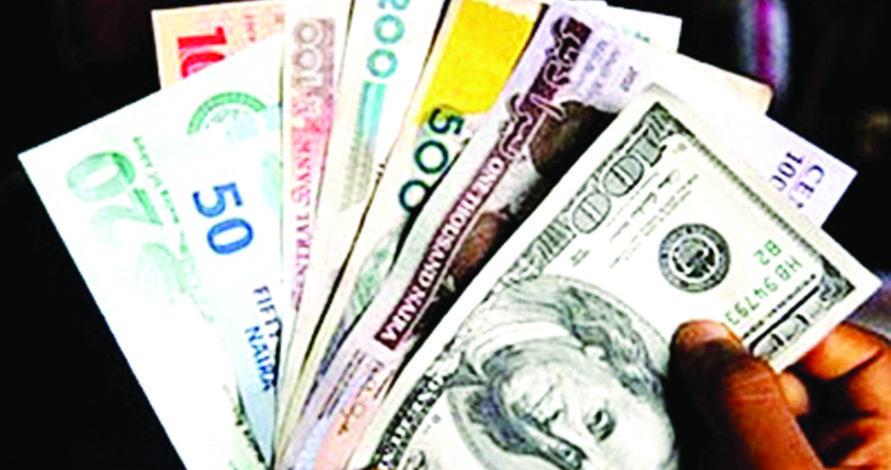
By Adedapo Adesanya
For the 11th straight trading session, the Naira closed lower against the United States Dollar in the Nigerian Autonomous Foreign Exchange Market (NAFEX) on Wednesday, March 4.
At the official market, it lost N2.80 or 0.2 per cent against the greenback to close at N1,387.09/$1, i contrast to the N1,384.29/$1 it was traded a day earlier.
It also depreciated against the Pound Sterling in the same market window at midweek by N12.88 to quote at N1,855.10/£1 versus Tuesday’s rate of N1,842.22/£1, and weakened against the Euro by N9.08 to N1,615.27/€1 from N1,606.19/€1.
The Nigerian Naira depreciated against the US Dollar yesterday at the GTBank forex counter by N12 to sell for N1,385/$1 compared with the previous day’s N1,373/$1, and tumbled by N5 in the parallel market to close at N1,390/$1 compared with the preceding day’s N1,385/$1.
The exchange rate has been trending downward for almost two weeks, though it has been resistant to being in panic mode because it is still within its projected N1,350 to N1,450 per Dollar band.
Nigeria’s gross external reserves climbed to $49.693 billion from $49.604 billion, based on the latest data from the Central Bank of Nigeria (CBN).
Meanwhile, the cryptocurrency market recovered after weeks of consolidation, but traders remain divided over whether the move marks a genuine breakout or another trap for late buyers.
Analysts have pointed to heavy overhead supply and positioning in derivatives markets as potential risks, with some suggesting a rally could only attract sellers rather than confirm a sustained recovery.
Dogecoin (DOGE) gained 8.3 per cent to trade at $0.0962, Ethereum (ETH) appreciated by 7.9 per cent to $2,122.87, Bitcoin (BTC) added 6.3 per cent to sell for $72,438.50, Solana (SOL) improved by 6.2 per cent to $90.37, and Cardano (ADA) jumped 5.1 per cent to $0.2733.
Further, Ripple (XRP) rose by 4.9 per cent to $1.41, Binance Coin (BNB) soared by 3.2 per cent to $652.64, and Litecoin (LTC) surged by 2.7 per cent to $56.09, while the US Dollar Tether (USDT) and the US Dollar Coin (USDC) traded flat at $1.00 each.
Economy
Crude Oil Steady Despite Rising Iran War Risks, Shipping Disruption

By Adedapo Adesanya
Crude oil prices were largely unchanged on Wednesday as escalating US and Israel strikes against Iran widened regional tensions and halted shipping through the Strait of Hormuz.
Brent crude was at $81.40 per barrel, while the US West Texas Intermediate (WTI) crude gained 10 cents or 0.1 per cent to trade at $74.66 per barrel.
Despite not much movement in midweek, analysts say prices remain elevated as markets grapple with the prospect of a prolonged war and lingering supply disruptions.
The US government has signalled a four- to five-week campaign, but Iran is seeking to regionalise the conflict, and the crucial Strait of Hormuz chokepoint is effectively shut.
The New York Times reported that operatives from Iran’s Ministry of Intelligence signalled openness to the US Central Intelligence Agency to talks on ending the war.
On Wednesday, US Defence Secretary Pete Hegseth said America was winning the war against Iran and that the US military could fight as long as needed.
While all other options are being explored, forces from both the US and Israel have struck targets across Iran, prompting Iranian retaliatory strikes against energy infrastructure in a region that accounts for just under a third of global oil production.
Iraq, the second-largest crude producer in the Organisation of the Petroleum Exporting Countries (OPEC), has cut output by nearly 1.5 million barrels a day due to storage limits and the lack of an export route.
The US said it was working on plans to secure the Strait of Hormuz to ensure safety for oil tankers amid the war with Iran.
President Donald Trump on Tuesday said the country’s Navy could begin escorting oil tankers through the strait if necessary. He added that he had ordered the US International Development Finance Corporation to provide political risk insurance and financial guarantees for maritime trade in the Gulf.
Meanwhile, countries and companies have begun seeking alternative routes and supplies of crude. India and Indonesia said they were looking for other supplies, while some Chinese refineries were shutting or moving up maintenance plans.
The Energy Information Administration (EIA) said on Wednesday that crude stocks rose by 3.5 million barrels in the last week to their highest in three and a half years.
-

 Feature/OPED6 years ago
Feature/OPED6 years agoDavos was Different this year
-
Travel/Tourism10 years ago
Lagos Seals Western Lodge Hotel In Ikorodu
-

 Showbiz3 years ago
Showbiz3 years agoEstranged Lover Releases Videos of Empress Njamah Bathing
-

 Banking8 years ago
Banking8 years agoSort Codes of GTBank Branches in Nigeria
-

 Economy3 years ago
Economy3 years agoSubsidy Removal: CNG at N130 Per Litre Cheaper Than Petrol—IPMAN
-

 Banking3 years ago
Banking3 years agoSort Codes of UBA Branches in Nigeria
-

 Banking3 years ago
Banking3 years agoFirst Bank Announces Planned Downtime
-

 Sports3 years ago
Sports3 years agoHighest Paid Nigerian Footballer – How Much Do Nigerian Footballers Earn


